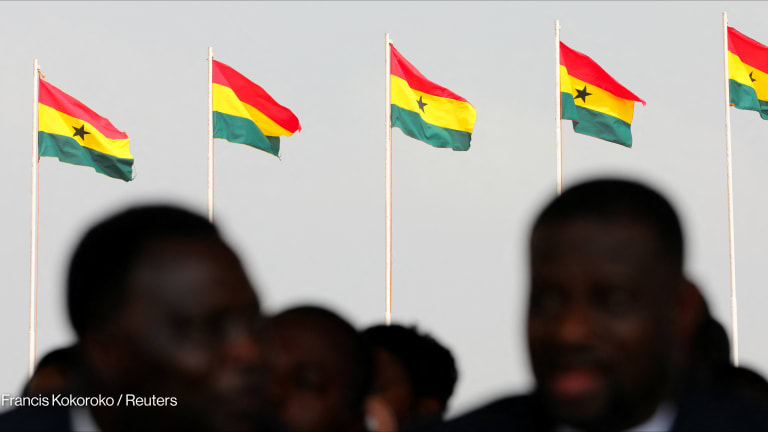What progress has been made in meeting the Paris Declaration on Aid Effectiveness, endorsed in 2005 by more than 100 world leaders? The impact of aid remains low, especially in sub-Saharan Africa. Challenges in developing countries include low education levels, stagnant agricultural production, immense diseases, combined with rising fuel and food prices and in some cases weak and corrupt administrations.
Meanwhile, aid continues to evolve, and with it key stakeholders, both private and public, bilateral and multilateral - all aiming to reduce poverty and empower marginalized communities. In many cases, a lack of coordination among various actors has resulted in increased transaction costs, and jeopardized a recipient country‘s sovereignty.
The development community gathered in Accra this week to address these issues. Three years after donors agreed on five pillars of aid effectiveness - ownership, alignment, harmonization, results-orientation and mutual accountability - hundreds of civil servants met in Ghana's capital Sept. 2-4 as part of the 3rd High Level Forum on Aid Effectivenessto assess improvements in aid effectiveness, set benchmarks for further progress and draft a new Agenda for Action.
In the run-up to Accra, civil society stakeholders heavily criticized the current agenda, mainly due to its lack of specific time-bound commitments.
The conference addressed the inevitable asymmetry between donors and recipients, and speakers called on donors to keep recipient countries in the driver's seat, set realistic targets according to a recipient country's needs, and send a larger share of the money allocated for aid abroad. Just before the conference, World Bank officials again urged donors to lift food aid restrictions - a call mainly directed at the United States.
The development community sought to address many questions, including these: How far have we gone beyond the rhetoric of the five pillars of aid effectiveness? Are priorities being set within the recipient countries administration? How far have they been aligned with a recipient country's broader public and civil society? Does the Paris Declaration refer to a government's ownership or the people's ownership? What should be done where the necessary systems and capacities are not in place?
Accra may not provide concrete answers. Still, the High Level Forum remains one of the most important conferences on international development.








